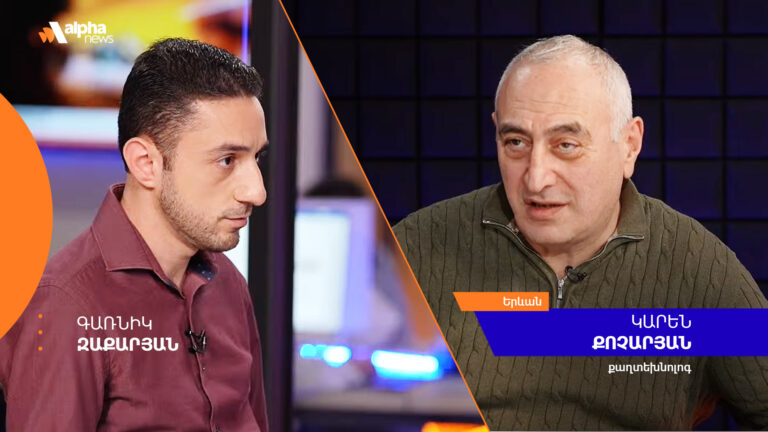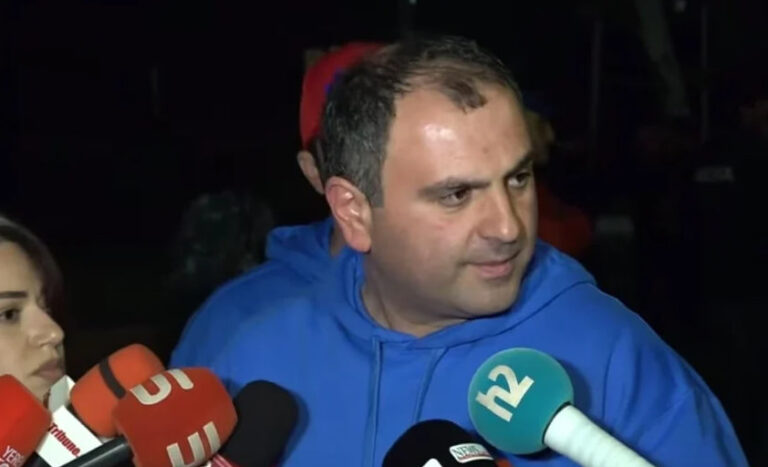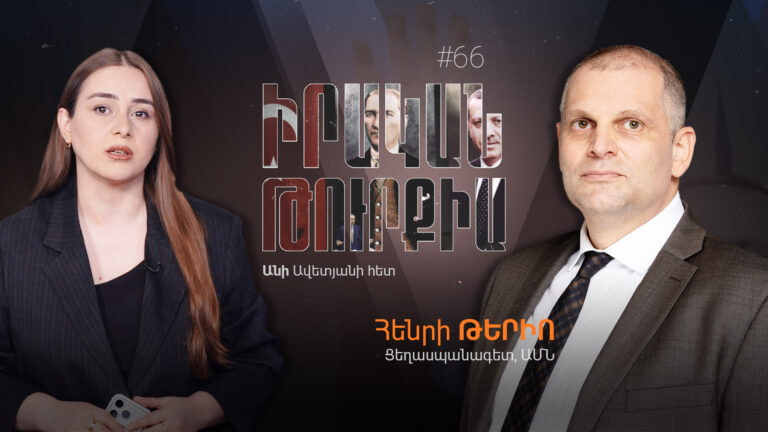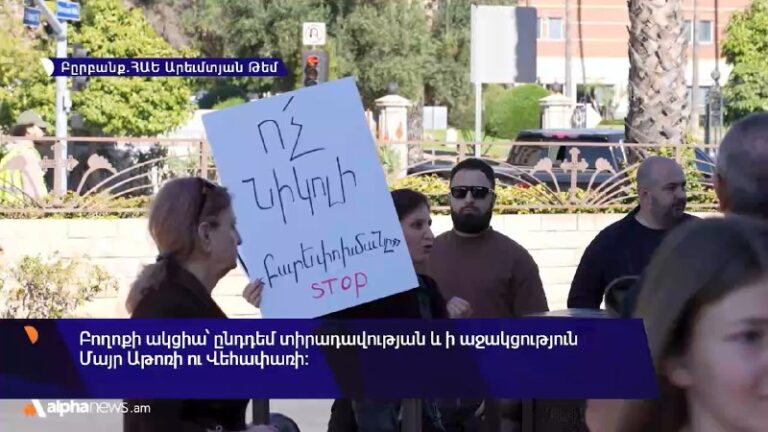‘Azerbaijanis were next to Stepanakert. We thought that wherever the enemy was, he would enter the house’: Karine Ishkhanyan’s story of forced displacement
November 25 2023, 15:45
Karine Ishkhanyan, forcibly displaced from Artsakh, feels guilty for leaving her homeland, but explains that she took this step out of panic and uncertainty.
“We all panicked. People took their children to the airport to the Russian peacekeepers. People probably didn’t fully understand why they were being displaced. Many ask us, who said that you should leave Artsakh. They blame us. Yes, I admit that I left my homeland, but we are all to blame. The question is who to blame for how much. We left because the Turk was already entering our house. And we know what they are capable of. They tell us that you lived together during the Soviet Union. Yes, we did, but we were afraid even in those years. And back then, at school, I studied Azerbaijani history instead of Armenian. Imagine what will happen now,” Karine Ishkhanyan told Alpha News.
Karine is a teacher of Armenian language and literature. She worked at the Ashot Ghulyan No. 2 primary school in Stepanakert. On the day of the Azerbaijani attack, September 19, she was having a class. As soon as she heard shelling, she hid in a basement with others. A few hours later, Karine went home to her husband and father-in-law. She did not hear from her son, who was a soldier, for a day. Only after the ceasefire did she see him briefly. Her son lost his combat friends.
Karine recalls that even after the ceasefire, the people of Artsakh were still hiding in the basements and shelters as the shootings continued from time to time.
“Azerbaijanis were next to Stepanakert. We thought that wherever the enemy was, he would enter the house. A lot has happened in the villages, but we are just hearing about this. People fled to the town barefoot, half-naked. They went to the airport. Everyone was panicked. That’s how the exodus began,” Karine says.
Her family left Stepanakert on September 27. They only took with them the most necessary things. Karine says she thought they were leaving their home temporarily, that’s why she did not take much with her. She left many important and “precious” things in Artsakh, which have already turned into memories.
“I was the last to leave the house so that my relatives would not see that moment. I kissed the cross hanging on the wall of the corridor and asked God to return us to Artsakh,” Karine recalls.
There is a glimmer of hope for the woman from Stepanakert that she will return.
“If it is decided that we should go back, I can’t imagine not going. But it is also unclear how we should live after returning, especially young people and children. Artsakh should be Armenian for us to live there,” Karine says.
Upon arriving in Armenia, Karine’s family was accommodated in the house of relatives living in Yerevan. They stayed here for a month and a half, then they moved to a rented apartment. Karine, who has 29 years of working experience, does not yet have a permanent job in Yerevan. She applied to schools, but there were no vacancies.
Karine Ishkhanyan will also teach those who want to at home, as she had experience in Artsakh. Other family members do not have jobs either.








